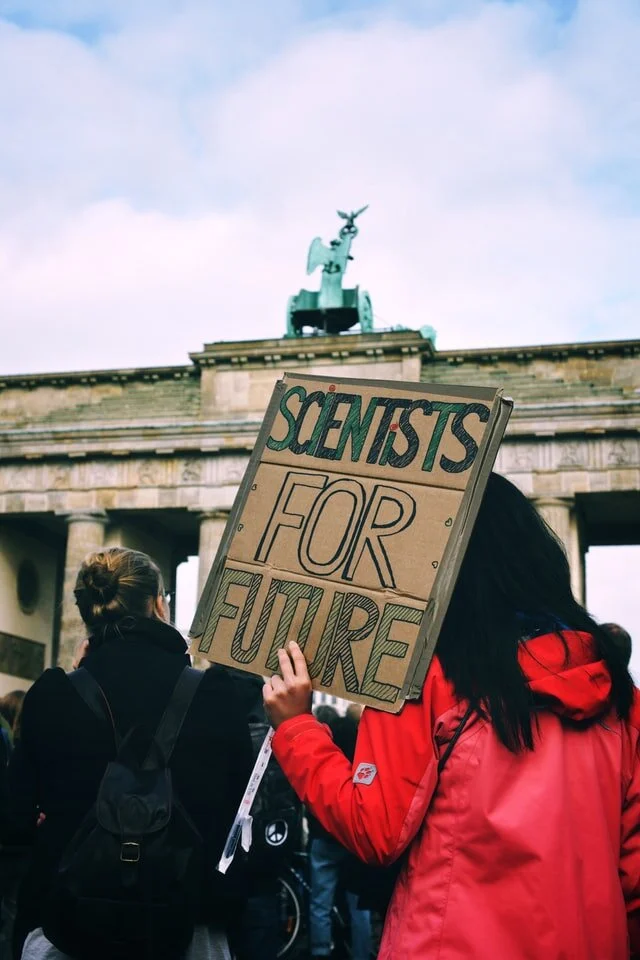Photo by Christian Lue on Unsplash.
We are over a year into a global pandemic. Many of us are facing heightened, or new challenges with our mental health. As May is Mental Health Awareness month, we want to remind everyone that it’s okay to not be okay — and that it is a sign of strength to ask for help.
But we can’t talk about mental health, without talking about all that is going on in the world.
While the COVID-19 vaccine roll-out is extending a ray of hope in a few countries, this feeling is not shared equally across the world. There is a deadly surge in COVID-19 cases in India, Colombia, and Nepal that is depleting medical supplies, and overwhelming hospitals and crematoriums. Experts say that the true death count in India far exceeds official figures.
On 8 May 2021, a bomb attack targeted schoolgirls at the Sayed Al-Shuhada school in Kabul, Afghanistan. This act of terrorism killed at least 85, and wounded 187.
And in the past week alone, Israel has carried out forced expulsions and continuous airstrikes, which have so far killed at least 137 Palestinians, including 36 children, and wounded 927. This is a humanitarian crisis, involving state-sanctioned violence, and ethnic cleansing.
With all of this global suffering, it’s hard to maintain your mental health. It’s understandable to want to turn away from the pain.
But many cannot. Thus, we cannot selectively choose which crises to care about.
We are scientists, but humans first.
We need to talk openly about our mental health. We need to safeguard opportunities for girls to pursue their education. We need to speak up about global crises. We need to call on institutions and elected representatives to take action to address global issues, especially vaccine inequity and ongoing violence.
What we can do today:
Mental Health Action Day will take place on May 20, 2021. Take the first action, which is different for everyone, such as reaching out to a friend, joining a peer support group, or taking action to expand access to mental health support resources.
Take the time to learn about what is going on in the world. For example, learn about the violence that Palestinians have faced, and continue to face - do the work; do not ask or place the burden on your friends to teach you.
If you are able to, donate what you can to organizations who are leading efforts to address these issues:
To support COVID-19 relief efforts in India, check out donation guides curated by NY Times, and India COVID SOS.
To help provide medical assistance to those affected by the violence and most in need in Palestine, donate to organizations such as Medical Aid for Palestinians, and Islamic Relief.
The Malala Fund works in regions where the most girls miss out on secondary education, including Afghanistan, India, Brazil and Ethiopia.
The WHO Foundation’s Go Give One campaign is asking for donations to help COVAX AMC buy COVID-19 vaccines for the world.
Call your representatives and ask them to take action to address global vaccine inequity, and the ongoing violence across the world.
Follow, and amplify, these individuals and organizations to stay in the loop with these issues:
Individuals: Osaid Alser, Krutika Kuppalli, Yara Asi, Madhu Pai, Qaali Hussein
Additional COVID-19 Resources: Greater than COVID and COVID-19 Vaccine FAQs by the Union of of Concerned Scientists
Have more suggestions? Tell us on social media so that we can help amplify more voices!

